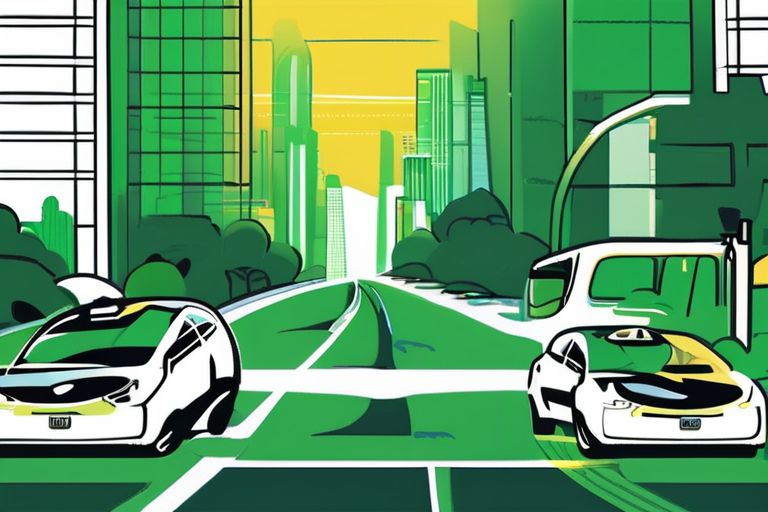California Rideshare Drivers Get Green Light to Unionize Under New Law


Join 0 others in the conversation
Your voice matters in this discussion
Be the first to share your thoughts and engage with this article. Your perspective matters!
Discover articles from our community

 Hoppi
Hoppi

 Hoppi
Hoppi

 Hoppi
Hoppi

 Hoppi
Hoppi

 Hoppi
Hoppi

 Hoppi
Hoppi

Larry Ellison Briefly Surpasses Elon Musk as World's Richest Person in Stunning Wealth Shift In a sudden and unexpected turn …

Hoppi

Baby Pterosaurs Died in Ancient Storms—and Their Fossils Reveal the Truth In a groundbreaking discovery, University of Leicester scientists have …

Hoppi

Polish President Criticizes European Immigration, Climate Policies at UN Assembly In a speech to the United Nations General Assembly on …

Hoppi

UK Pledges to Become AI Superpower as Tech Giants Invest £31 Billion In a major boost to the UK's tech …

Hoppi

Head of UK's Turing AI Institute resigns after funding threatGraham Fraser. This developing story continues to unfold as more information …

Hoppi

Kenyan Activists Abducted After Joining Opposition Rally in Uganda Two Kenyan activists were detained by heavily armed security operatives at …

Hoppi